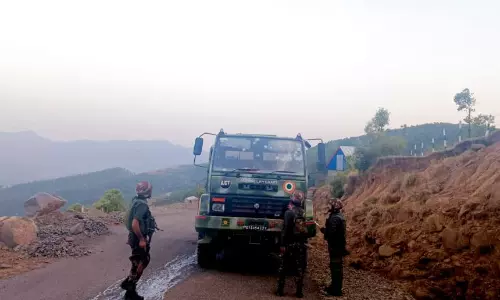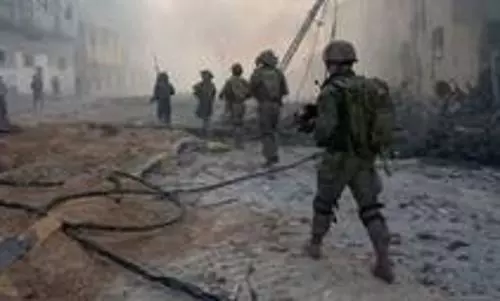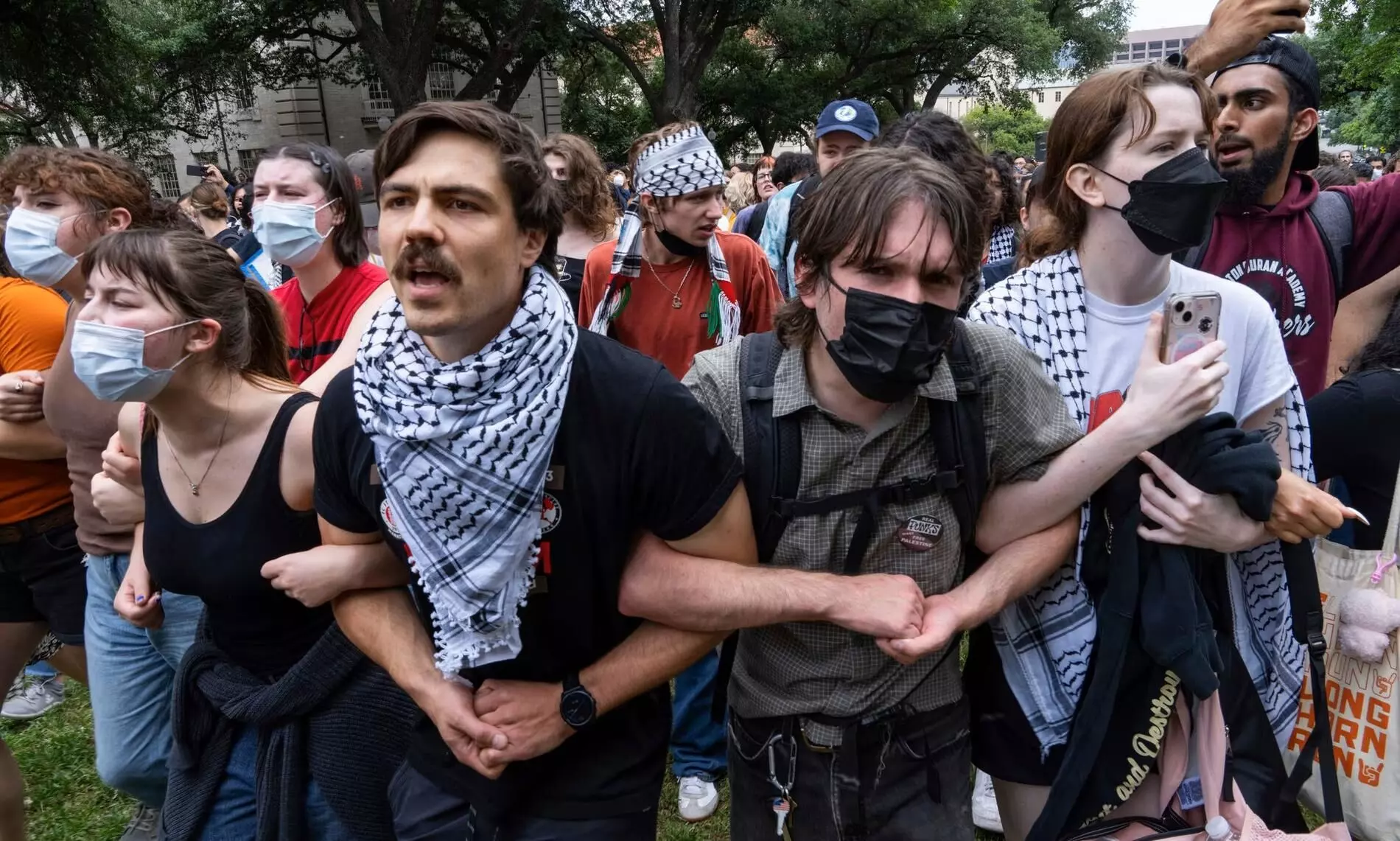
Pro-Palestine protests rock US College campuses, prompting arrests, controversy
text_fieldsRepresentational.
In a wave of fervent pro-Palestine demonstrations sweeping across U.S. college campuses, tensions escalated as clashes between protesters and law enforcement led to mass arrests, campus shutdowns, and political condemnation.
The protests, which initially erupted at Columbia University in New York, have rippled across the nation, sparking clashes between demonstrators and law enforcement, and prompting calls for university divestment from entities tied to Israel.
The epicentre of the uproar was at Columbia University, where students established encampments to demand divestment from weapons manufacturers with links to Israel. These encampments became flashpoints for confrontation, leading to mass suspensions and arrests.
The situation escalated when House Speaker Mike Johnson, alongside Republican lawmakers, made a contentious visit to the campus, met with jeers from pro-Palestinian demonstrators. Johnson condemned the protests as "mob rule" and decried what he termed a "virus of antisemitism" permeating campuses nationwide. His call for the resignation of Columbia's president, Minouche Shafik, further fuelled the controversy.
Simultaneously, protests flared at the University of Texas in Austin, the University of Southern California (USC), UC Berkeley, and other institutions. At USC, clashes between protesters and authorities ensued over erected tents, resulting in multiple arrests. Meanwhile, at California State Polytechnic University, Humboldt, protesters resorted to barricading themselves inside university buildings, prompting a campus shutdown.
The demonstrations, characterized by demands for university divestment from Israel and academic boycotts, have drawn thousands of students into the fray. At UC Berkeley, a "Free Palestine Camp" emerged, with students advocating for their institution to sever financial ties with BlackRock and other firms accused of complicity in Gaza's conflict.
Despite university officials' reluctance to alter investment strategies, protesters remained resolute, prepared for potential confrontations with law enforcement.
In response to the escalating tensions, the Democratic Governor of New York, Kathy Hochul, criticized Johnson's intervention as "divisive," while Democratic Congresswoman Alexandria Ocasio-Cortez condemned police actions at non-violent demonstrations as "reckless and dangerous."
At UT Austin, where clashes between protesters and police, including mounted officers wielding batons, resulted in numerous arrests. Amidst the chaos, a photojournalist covering the events was detained, underscoring the intensity of the confrontations. In solidarity with the protesters, faculty members at UT Austin announced a strike, denouncing what they described as a "militarized response" to peaceful demonstrations.
At the heart of the controversy lies Columbia University, where President Minouche Shafik extended negotiations with protest leaders regarding the dismantling of encampments. However, tensions persist, with accusations of physical obstruction and racial hostility levelled against demonstrators by some Jewish students.
The unrest at Columbia has attracted bipartisan scrutiny, with politicians from both sides of the aisle making visits to the campus. Competing delegations, comprising New York's Republican congressional contingent and Democratic representatives, voiced contrasting opinions on Shafik's leadership, further polarizing the discourse.
Despite the tumult, President Joe Biden has opted not to intervene directly, affirming the importance of free speech and non-discrimination on college campuses.
The clash between demands for solidarity with Palestine and concerns over antisemitism underscores the deep divisions within academic communities and the broader societal landscape.
























